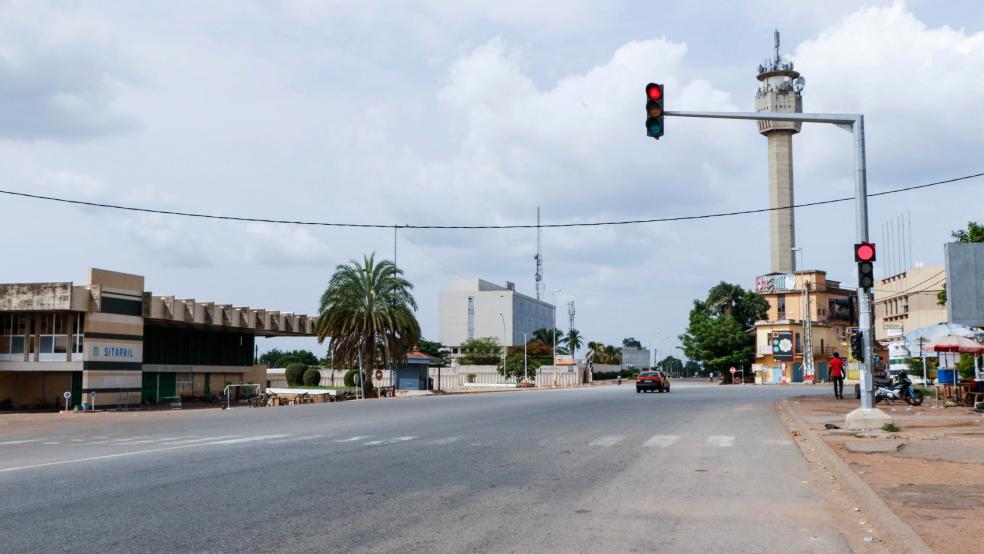ABIDJAN (Reuters) - The streets of Ivory Coast's second-largest city Bouake were calm and the military presence was gone, residents said on Sunday, after a two-day soldiers' mutiny took over the city before spreading across the country.
The mutiny began early on Friday when rogue soldiers demanding bonus pay seized Bouake. Soldiers at military camps in cities and towns across Ivory Coast, including the commercial capital Abidjan, joined the rebellion. A deal was reached between the government and the soldiers late on Saturday. A mutineer close to the negotiations said soldiers had returned to barracks."We have cleared the corridors everywhere as promised and we have been in barracks since last night," Sergeant Mamadou Kone told Reuters. "All over the country all our men have returned to barracks and wait for their money. The mutiny is over for us." He said the soldiers expect to be paid on Monday under the deal brokered by Defense Minister Alain-Richard Donwahi, raising pressure on a government that faces further unrest if demands are not met. In a sign of tensions, renegade troops on Saturday opened fire outside the house in Bouake where the negotiations took place, temporarily trapping Donwahi, witnesses said.The terms of the final deal were not made public, but sources said that the soldiers demanded 5 million CFA francs ($8,000) each, which for more than 8,000 soldiers could cost tens of billions of CFA francs. Ivory Coast - which has French-speaking West Africa's largest economy - has emerged from a 2002-2011 political crisis as one of the continent's rising economic stars.But years of conflict and a failure to reform its army, made up of former rebel fighters and government soldiers, have left it hobbled by division.The revolt comes two years after a near identical uprising which ended when the government offered mutineers amnesty from punishment and a financial settlement. A repeat of the solution raises the risk soldiers will be encouraged to do it again.Traffic in Bouake, snarled since Friday by roadblocks and barricades, was clear on Sunday, residents said. The gunfire of recent days had stopped. Other cities were also calm, residents said, including Abidjan, where a day earlier loyalist troops were deployed at strategic locations and residents rushed to buy bottled water and other provisions. There was no military on the streets on Sunday. People were seen walking to church, shops were open and traffic moved as normal, a Reuters reporter said. ($1 = 622.7500 CFA francs) (Additional reporting by Loucoumane Coulibaly and Joe Bavier in Abidjan; Writing by Edward McAllister; Editing by Mark Potter and Angus MacSwan)Streets of Ivory Coast cities calm after soldier mutiny

STRINGER



